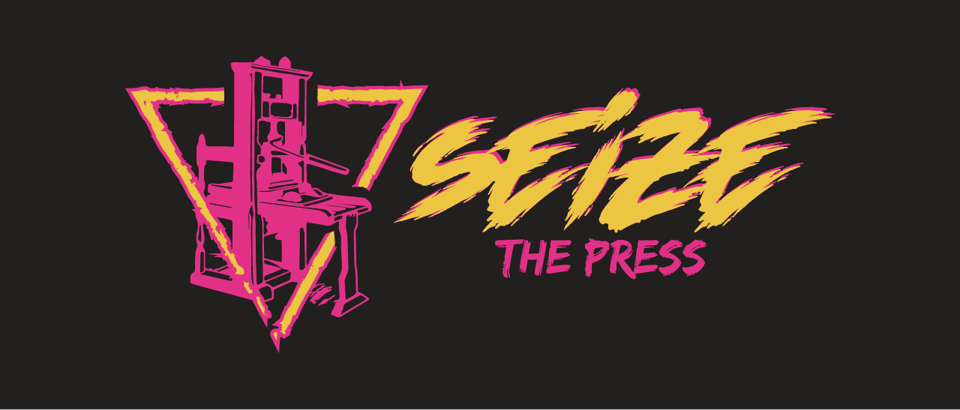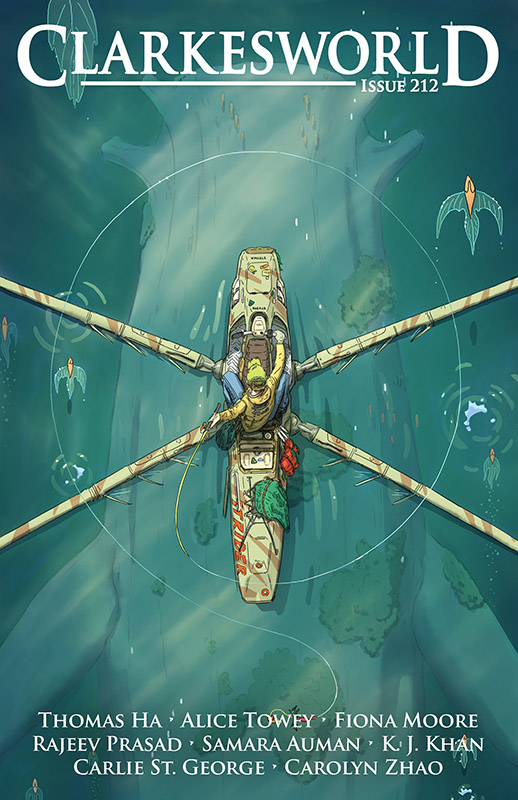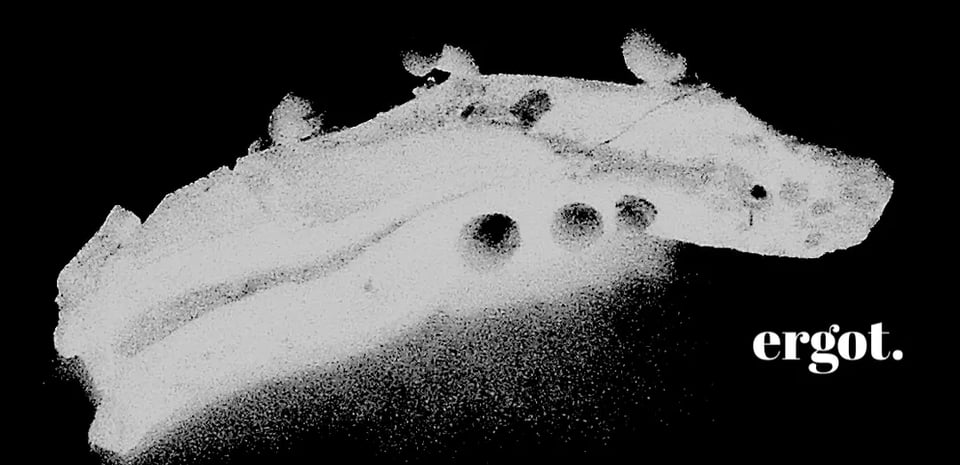003: This is a Thomas Ha Fanzine Now

Why are we so ill at ease with being ill at ease?
The other week someone asked me why I thought there was such discomfort with unresolved narratives and non-cathartic endings in some corners of the contemporary short story world. I thought about it a bit and figured my answer would be worth sharing.
The conversation came about after I read a Thomas Ha story called “The Brotherhood of Montague St. Video”, which features a story within the story — an old pulp western the narrator discovers has been altered so that the original ending (where the protagonist is defeated by the evil sheriff and limps off into the desert) is rewritten into a glorious, audience-pleasing victory. As with any Thomas Ha story, there are layers stacked on layers to the narrative, but one thing it got me thinking about is why so much contemporary media (and short fiction in particular) is so ill at ease with leaving the audience ill at ease.
I can't say for sure why this is, but I can speculate. I think one reason is there's an influential school of (largely American) middle class liberal writers who dominate a lot of the bigger magazines and who come at fiction from the viewpoint that writing and reading stories constitutes some form of activism. You see it a lot in the 'power of stories' assertions that go round from time to time and is also partly why we see so much didactic fiction out there, because it's a view that thinks the purpose of art is to ‘instruct’ and to portray the 'correct opinions', whereas for me good art raises more questions than it answers.

The ending of the dead book was as mystifying as the rest.
The rider spent weeks in the mining town of Copper Hawk, slowly coming to the realization that the sheriff there, working under the auspices of a metals corporation, was bleeding the people of their wages and exploiting their labor. The last chapter involved a shootout, as these kinds of books tended to have. But instead of a decisive victory, the rider ended up winged and bleeding. The book finished with the rider, delirious, on his gray horse, barely escaping with his life out into the desert. Nothing resolved. No one in Copper Hawk saved. Perhaps the rider would return to the town and set things right in another book, but somehow I didn’t get that sense. So the ending felt haunting, strange, and unfamiliar to me.
I found a living reprint of The Winter Hills for comparison. It was encased in shiny plastic, the spine with the usual rechargeable port. I scanned and skipped along the various digital chapters to see what had been altered by the publishers posthumously. It wasn’t uncommon for the estate and rights holders to periodically update these kinds of stories. The benefit of a living book was that they didn’t have to contact readers to update the content. Alterations would sync in the pixelated pages whenever the book went online next.
The biggest difference I noticed in the new electronic copy was the ending.
There was a shootout in Copper Hawk like before, yes. But instead of the loss and the blood and the shame of the rider, the iron-handed sheriff was the one to take a bullet. The miners of the town staged a revolt against the metals company in the third act. They set fire to some of the shafts with an explosion at the end of the action, to punctuate the triumph. I could almost sense the hand of audience-score maximizer programs in the plot. It could even have been a re-writer at my agency that oversaw the edition, for all I knew.
At the risk of sounding like a vulgar Marxist I think western society in general (and, from what I can gather as a Brit, particularly American society, which has such a big effect on western culture as a whole) has reached a stage where, for lots of people, collectively trying to change the world can seem pretty hopeless, and so there's a tendency to retreat into a very individualistic notion of activism, where if you're working on yourself and thinking the right things and reading the right things, even when that thing is fiction, it feels like praxis. It's incredibly reactionary and has a stultifying effect on art in my opinion, because it results in these calcifying stories that do nothing to challenge, and whose purpose and effect is simply to reassure. A story with an ambiguous ending or that doesn't deliver on that catharsis, by definition, doesn't reassure — in fact it does the opposite. It unsettles and dislodges the reader. The type of reader who looks to fiction for comfort doesn't want that, and the type of author who views their writing as activism doesn't achieve their goal unless they offer some kind of 'answer' or deliver on a didactic message.
I also think it's why so much of that same fiction centres around identity politics that, while focussing on important marginalisations that need to be politically addressed, often completely fails to take class into account. For a lot of these comfortably middle class writers, class just doesn't feature into their assessment of diversity when it comes to wanting 'diverse stories', as so many of them claim to do. Despite the fact that poor and working class non-white, queer, disabled people etc. often experience these marginalisations in much more acute ways that are reinforced by their class. I guess for these middle class writers, even when they have some form of other marginalised identity themselves, they 1) just don't see the world this way because of their relative wealth and comfort and 2) with my vulgar Marxist tshirt back on, it's also just not in their interests to seriously challenge a system where they're actually quite comfortable, despite their self-ascribed role as 'writer activists'. Coupled with lots of editors being sympathetic to this outlook, I think it's one of the reasons why we’ve see so much of this kind of writing in recent times.
Of course there’s much more to be said on the topic and I’ve barely scratched the surface here, but our 21st century attention spans are fucked, so I’ll leave it there for now.
Oxycontin, the New Weird, and Indra Das
What connects these three things? It’s the first three things that are free to read from STP #11!
“Blue Movies” — Ian Kappos’ grimy, opioid-fuelled tale of squalor, cryptids, and strange growths in the corner of hotel rooms.
“Waystations Lost” — Andrew Kozma’s self-described VanderMeer-esque ‘edge of oblivion’ journey into the unexplained world of the encroachment.
“Art Lives Between the Hard Lines of Perceived Reality” — me paraphrasing Indra Das in the genuinely fantastic interview he did with us, where (harking back to the beginning of this newsletter actually) he talks about his philosophy of the dichotomy between ambiguity and explanation in fiction; his hopes for the future of Indian SFF; Bernard Hill and Peter Greenaway; the fight against fascism in India and the importance of supporting people fighting oppression in Palestine and imperialism around the world; plus some absolutely killer film and book recommendations.
Finally, some good fucking food
Despite there being lots of fiction out there that’s, shall we say, not to our tastes, there’s still a ton of good shit being published. And at the risk of this newsletter being a Thomas Ha fanboy session (completely unintentional I assure you), Karlo recently enjoyed “Alabama Circus Punk”, published in ergot.

I finally caught up with Thomas Ha's “Alabama Circus Punk” the other day, and let me tell you: it starts delightfully off-kilter and becomes progressively unmoored. Beginning with an unnamed main character whose consciousness is distributed among his dominant father-body and his son- and mother bodies. A custom-made nuclear family. However, something's gone wrong with the son (who keeps repeating the eponymous nonsense phrase ‘Alabama Circus Punk’), so the father-body resorts to a repairman.
A biologic, he notes with some distaste.
Here's where the story takes a turn by introducing language decay. Father-body seems to suffer a type of aphasia that begins substituting specific words with others. "Kerosine Wig" is readable to us in precisely the same way spellcheck won't correct for context. The phrase sounds like a band you might hear described in ways similar to urban legends – a friend of a friend saw them play. It's such a clever and effective way to feel for the father-body. Even more so when we find out that when the (I presume) mechanicals outcompeted humans for the higher-income jobs, the machines couldn't conceive of a world any different than that of humans. It's bleak that they simply reproduced the very dead-end culture that produced them. This grants father-body some pathos once the repairman is revealed to be part of a smash and grab crew. When the main character is able to regain his function, the thieves have emptied the house, taking the son- and mother-bodies as well. However alien the loss of his son- and mother-bodies may seem to us, we can recognize it as such. Even when we may tell ourselves it's a simulacra of what we feel to soothe away any doubts on the matter.
Quite a feat in our decidedly anti-"AI" real-world moment.
That’s all folks.
Jonny & Karlo